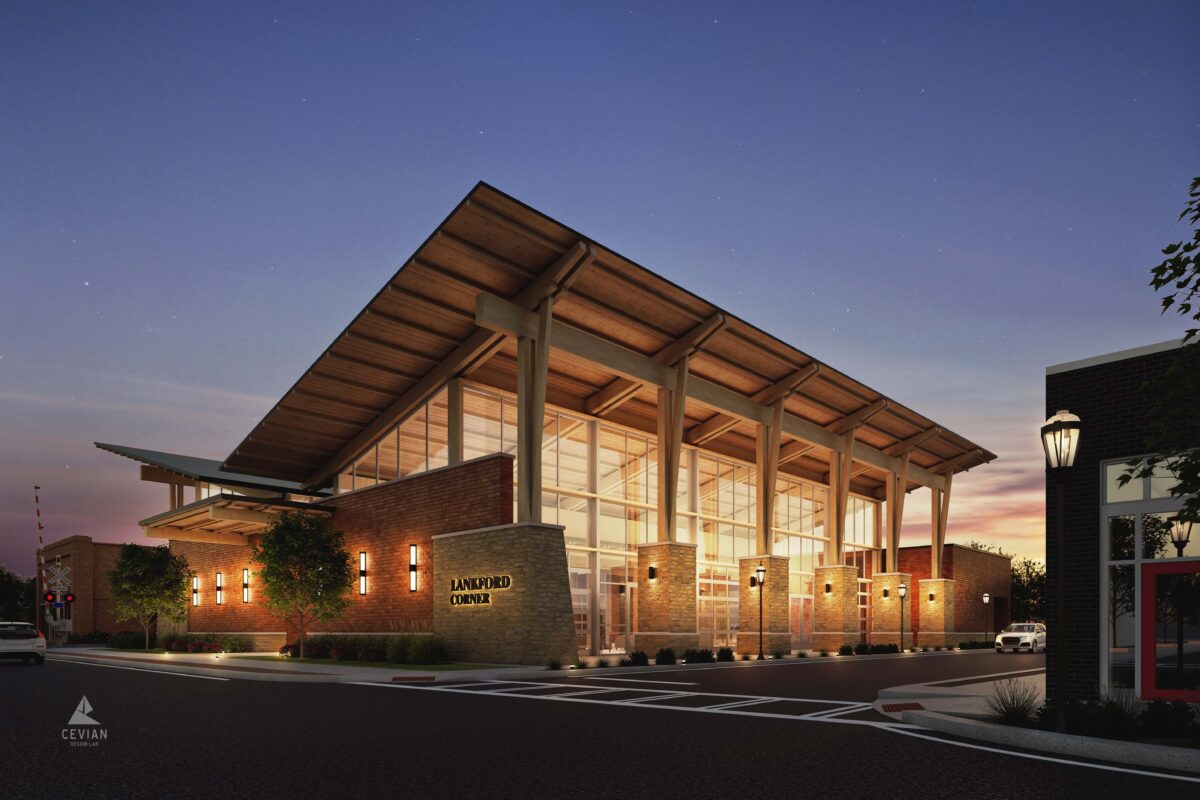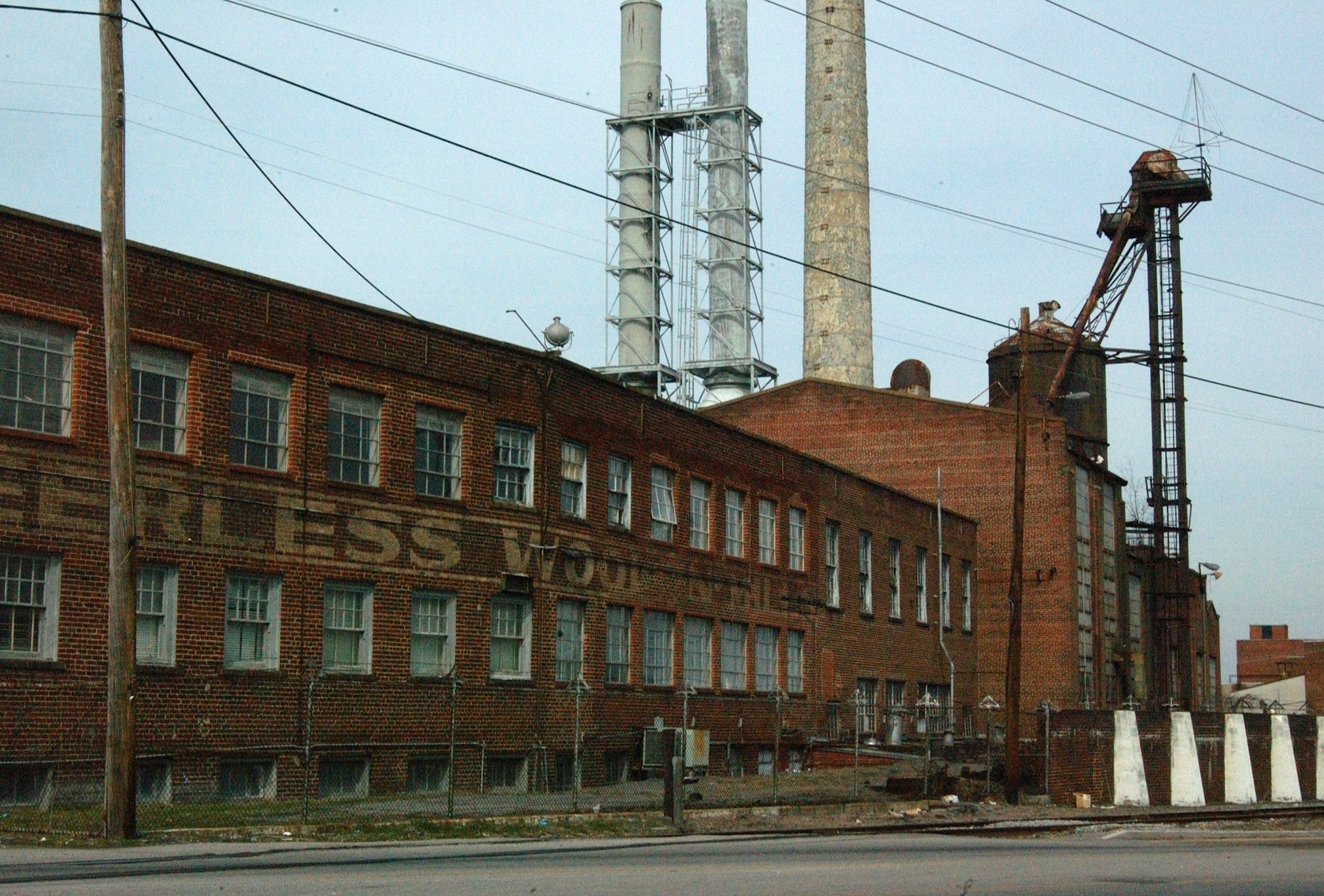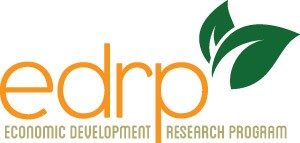The Center for Economic Development Research (CEDR) completed a strategic assessment for the City of Cedartown in August 2022. This work supported the city’s application to the Georgia Department of Community Affairs for a rural zone designation, which was awarded at the start of 2023.
“Working with Georgia Tech on our strategic plan and rural zone designation has truly served as a catalyst for our downtown ambitions,” says Oscar Guzman, Cedartown’s Direct of Economic Development. “This program reignited our Downtown Development Authority and we are eagerly working towards further improvements in 2024 with a restructured board and increased capacity to attract and retain business.”
The City of Cedartown recently revamped its façade program to match its rural zone boundary, expanding eligibility to continue to improve its historic downtown. Cedartown was also awarded a $1M grant to reimagine the use of their parking lots. In their designs, they are thoughtfully considering cyclist traffic from the Silver Comet Trail, pedestrians, and communal spaces, while also improving their existing parking lots.
Further, the city has embarked on a three-phase plan to transform a simple green space, Goodyear Park, into a full park complete with concessions, restrooms, soccer fields, and a skate park. A new event venue, Lankford Corner on the Silver Comet (pictured above), is in development to bring hundreds to downtown events. Other planned improvements include a new accessible playground, community center, soccer mini-pitch, and a remodel of their library. Many of these additions are funded through various grants.
The City of Cedartown continues to work to develop common design standards. A housing study is in progress as well, to help the city plan for population growth going forward. The city continues to act upon goals identified in their strategic plan by capitalizing on its proximity to the Silver Comet Trail, improving the condition of its downtown area, and thoughtfully designing more communal spaces for its citizens.
This project was partially funded through the Economic Development Research Program (EDRP), which provides rural and/or distressed communities with valuable economic research. Visit our Research Assistance page to learn more about the program and use the map to determine if your community qualifies.





